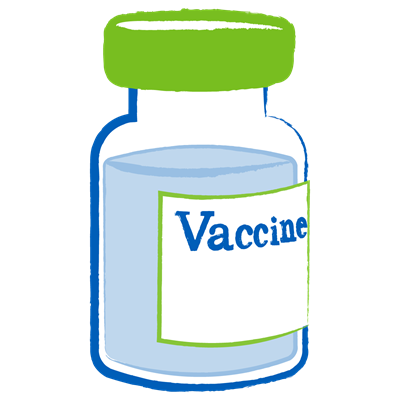
This page was updated 26 February
Hundreds of thousands of people asked to shield earlier this month are being invited for a COVID-19 jab as the NHS vaccination programme gathers further momentum.
Public health officials identified 1.7 million people who are at additional risk from coronavirus earlier this month, with around 600,000 now being invited to book a slot at a Vaccination Centre or pharmacy service.
The remainder have already had their jab in the first phase of the programme, the biggest in NHS history.
Letters are now landing on the doorsteps of around 445,000 people aged 64 who have not yet been vaccinated.
The letters come as a further 10 vaccination sites, including Reading’s Madejski stadium and a theatre in Basildon, come online this week.
Those who receive the letters can book online or, if they cannot do that, call 119 free of charge, anytime between 7am and 11pm seven days a week.
People can pick a slot at 100 large scale vaccination centres or almost 200 pharmacy services.
The NHS vaccination programme has delivered more than 15 million first doses of the jab in England.
The latest priority groups have been invited to come forward after everyone in a care home, health and care workers, and people aged 70 and over, were offered their jab.
Last week (week of 15 February) the NHS began vaccinating people aged 65-69 years old through the national booking service.
GPs are currently inviting people who are defined as clinically vulnerable – living with an underlying health condition like chronic kidney or heart disease - to be vaccinated, and people in this group will be contacted by their GP to get their jab.
The country’s top doctor today urged anyone in the top priority groups who has not yet been vaccinated that “it is not too late” to come forward for a jab.
Following the update to the Joint Committee on Vaccination and Immunisation's (JCVI) advice to government yesterday, the NHS has already advised local vaccination centres to offer the vaccine to all adults on their GP Learning Disability register with immediate effect in line with guidance.
Professor Stephen Powis, NHS medical director, said:
“The NHS vaccination programme is the biggest in health service’s history and continues to go from strength to strength. Hard working NHS staff have already protected more than 15 million of the most vulnerable people against COVID-19 in a matter of weeks. However, if you have already been offered a jab, especially if you’re aged 70 or over, but have not taken it up it is not too late. Please come forward so the NHS can protect you against coronavirus immediately.”
The first four priority groups, which included those aged 70 and over, care home residents and staff, the extremely clinically vulnerable and NHS staff, were all offered a vaccination by the middle of February, in line with the Government’s target.
People who book into a vaccine centre will be greeted by volunteers who will marshal car parks and register them when they arrive.
They will receive a health status check and a pre-vaccination assessment before they have their jab. Appointments are staggered to allow for social distancing and people who do book are being asked not to turn up early to avoid creating queues.
GPs are contacting those who are housebound to jab them at home.
Vaccines are currently being administered at over 1,500 sites across the country including mosques and museums to rugby grounds and cathedrals, with the spread of sites chosen to ensure that more than 98% of the country lives within 10 miles of at least one vaccination service.
The NHS made history when Maggie Keenan became the first person in the world to be protected against coronavirus outside of a clinical trial when she received the Pfizer vaccine at Coventry Hospital on December 8.
The NHS was also the first health system to deliver the new Oxford AstraZeneca coronavirus vaccine when Brian Pinker, 82, was on January 4.
Find out more
How to get the vaccine
The NHS COVID-19 vaccination programme has started.
The vaccine is currently being offered to those most at risk from coronavirus.